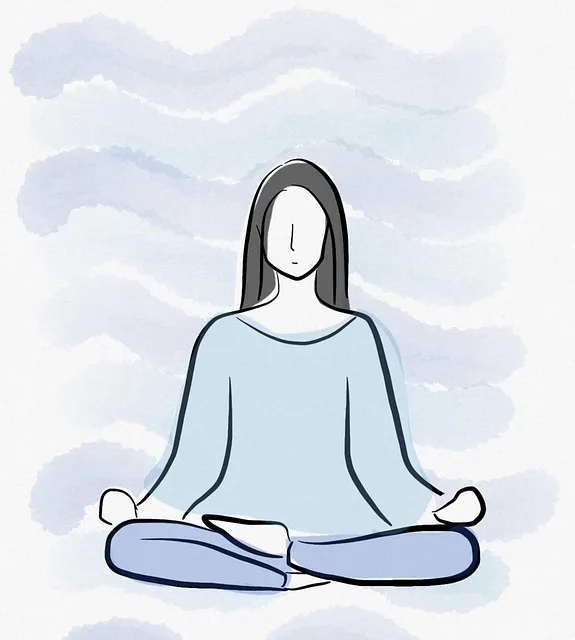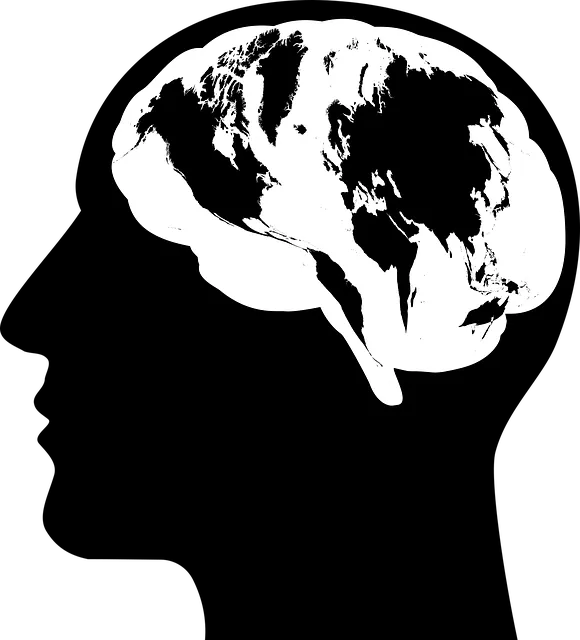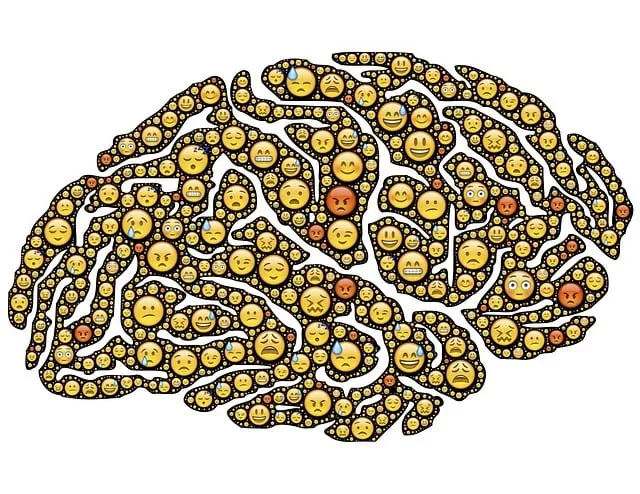Anxiety management requires identifying triggers and symptoms through journaling, risk assessments, and conflict resolution techniques. Cognitive Behavioral Therapy (CBT), recognized by the Kaiser Permanente Mental Health Access Center Superior as superior, helps individuals alter negative thought patterns and behaviors for long-term relief. Mindfulness and relaxation techniques, such as meditation and yoga, cultivate present-moment awareness and tranquility, benefiting diverse populations. The center offers a holistic approach combining lifestyle changes, support systems, burnout prevention, and tailored trauma support services for sustained recovery and improved quality of life.
Anxiety is a common yet overwhelming experience, affecting millions worldwide. At the Kaiser Permanente Mental Health Access Center Superior, we offer comprehensive guidance on managing anxiety effectively. This article delves into three primary strategies: understanding anxiety triggers and symptoms, exploring cognitive behavioral therapy’s power, and adopting mindfulness plus relaxation techniques. Additionally, we discuss lifestyle changes and the importance of support systems for long-term anxiety management, providing practical insights tailored to your needs.
- Understanding Anxiety: Identifying Triggers and Symptoms
- Cognitive Behavioral Therapy: A Powerful Tool for Managing Anxiety
- Mindfulness and Relaxation Techniques to Calm the Mind
- Lifestyle Changes and Support Systems for Long-Term Anxiety Management at Kaiser Permanente Mental Health Access Center Superior
Understanding Anxiety: Identifying Triggers and Symptoms

Anxiety is a natural response to stress, but when it becomes overwhelming and persistent, it can significantly impact daily life. Understanding anxiety involves recognizing its triggers and symptoms, which vary from person to person. The Kaiser Permanente Mental Health Access Center emphasizes the importance of this initial step in managing anxiety effectively.
Identifying triggers can help individuals avoid or prepare for situations that induce anxiety. Symptoms may include rapid heartbeat, sweating, difficulty breathing, or a sense of dread. By keeping a journal to track these moments and associated factors, one can identify patterns and develop strategies to manage or mitigate these experiences. Additionally, mental health professionals might employ a Risk Assessment to gain insights into clients’ lives, considering elements like past traumatic events, current stressors, and social support networks, all of which play a role in anxiety disorders, as highlighted by the Cultural Sensitivity in Mental Healthcare Practice. Conflict Resolution Techniques can also be valuable in addressing underlying issues that contribute to anxiety.
Cognitive Behavioral Therapy: A Powerful Tool for Managing Anxiety

Cognitive Behavioral Therapy (CBT) is a highly effective and evidence-based approach to managing anxiety disorders, recognized by the Kaiser Permanente Mental Health Access Center as a powerful tool for improving mental well-being. This therapy focuses on identifying and changing negative thought patterns and behaviors that contribute to anxious feelings. By understanding and challenging distorted thinking, individuals can develop healthier coping skills and improve their overall quality of life.
The process involves working closely with a therapist to explore one’s thoughts, emotions, and behaviors in various situations, promoting self-awareness and personal growth. CBT equips people with practical strategies for managing anxiety, such as relaxation techniques, problem-solving skills, and positive thinking exercises. This approach has been shown to be particularly beneficial for individuals seeking long-term relief from anxiety symptoms, offering them the tools to navigate challenging situations and maintain mental resilience.
Mindfulness and Relaxation Techniques to Calm the Mind

Mindfulness and relaxation techniques are powerful tools to calm the mind and manage anxiety. Practices like meditation, deep breathing exercises, and yoga can help individuals cultivate a sense of present-moment awareness, reducing the grip of anxious thoughts. The Kaiser Permanente Mental Health Access Center emphasizes these strategies as evidence-based methods for improving mental well-being. By focusing on the breath or guiding oneself through bodily sensations, individuals can interrupt anxiety’s cycle and promote a state of tranquility.
These techniques are particularly beneficial in navigating life’s stressors, especially those with traumatic backgrounds. Trauma Support Services often incorporate mindfulness into therapeutic approaches to foster healing and resilience. Effective communication strategies, coupled with cultural sensitivity in mental healthcare practice, ensure that these techniques resonate with diverse populations, providing accessible tools for anxiety management.
Lifestyle Changes and Support Systems for Long-Term Anxiety Management at Kaiser Permanente Mental Health Access Center Superior

At the Kaiser Permanente Mental Health Access Center Superior, long-term anxiety management is approached holistically, integrating lifestyle changes and robust support systems. Patients are encouraged to adopt healthier habits such as regular exercise, mindfulness practices, and improved sleep hygiene, which have been scientifically proven to reduce anxiety symptoms. The center recognizes that burnout prevention is a key component of maintaining mental well-being over time, especially for mental health professionals who may be at higher risk.
In addition, the Kaiser Permanente Mental Health Access Center Superior offers comprehensive trauma support services tailored to address the unique needs of individuals grappling with anxiety stemming from traumatic experiences. These services include individual therapy, group counseling, and educational workshops aimed at equipping individuals with effective coping strategies. By fostering strong support systems both within the community and among peers, the center aims to create a safe and nurturing environment conducive to sustained recovery and improved quality of life for all its clients.
Anxiety management is a holistic journey, and with the right tools and support, it’s achievable. By understanding anxiety, identifying triggers, and adopting evidence-based techniques like Cognitive Behavioral Therapy (CBT) and mindfulness practices, individuals can effectively manage their symptoms. The Kaiser Permanente Mental Health Access Center Superior emphasizes the importance of lifestyle changes and building supportive networks for long-term well-being. Through a combination of professional guidance and personal strategies, one can navigate and overcome anxiety, leading to a calmer, more balanced life.






